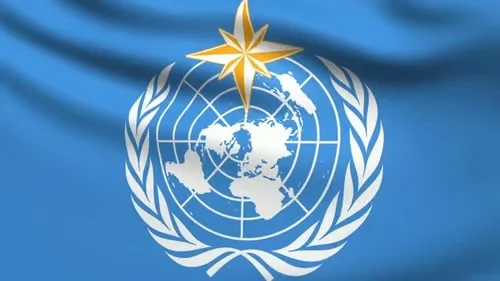The World Health Organization (WHO) has released a rapid communication outlining its new guideline on balanced national policies for controlled medicines. This groundbreaking guideline aims to ensure safe, equitable, and affordable access to essential controlled medicines, which are critical for treating acute and chronic pain, mental health conditions, and substance use disorders.
# The Need for Balanced Policies
Despite the importance of controlled medicines, many countries struggle to balance the need to prevent diversion and misuse with the need to ensure access for medical and scientific purposes. The new guideline provides a framework for countries to develop balanced policies that prioritize both access and control.
# Key Recommendations
The guideline recommends that countries:
– *Review and Update Laws and Regulations*:
Ensure that laws and regulations are aligned with international drug control treaties and prioritize access to controlled medicines for medical and scientific purposes.

– *Estimate Needs and Monitor Consumption*:
Regularly estimate the needs for controlled medicines and monitor consumption to ensure adequate availability.
– *Simplify and Streamline
Regulatory Processes*:
Reduce bureaucratic barriers and simplify regulatory processes to facilitate access to controlled medicines.
– *Provide Training and Education*:
Provide healthcare professionals with training and education on the safe and effective use of controlled medicines.
# Impact on Pain Relief and Mental Health
The new guideline has the potential to significantly improve access to pain relief and mental health treatment. According to WHO, access to pain relief is a human right, and millions of people worldwide suffer from untreated pain due to lack of access to essential medicines.
# Quotes from WHO
“The new guideline on balanced national policies for controlled medicines is a critical step towards ensuring that everyone has access to the medicines they need,” said a WHO spokesperson. “We urge countries to implement these recommendations and prioritize access to controlled medicines for medical and scientific purposes.”
# Next Steps
The new guideline will be presented to the WHO Executive Board in February 2025 for adoption. Countries are encouraged to implement the recommendations and report on progress.
By implementing these guidelines, countries can ensure that controlled medicines are available and accessible to those who need them, while minimizing the risk of diversion and misuse. This is a significant step towards achieving universal health coverage and ensuring that everyone has access to the healthcare they need.
